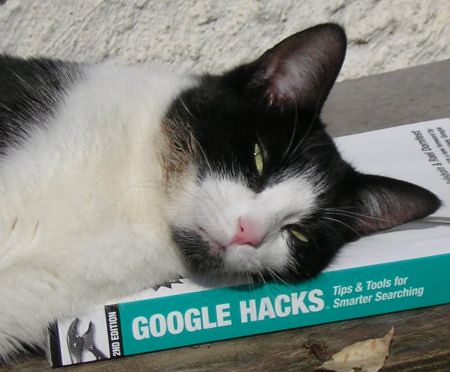Everyone is talking about Google Instant; the new way for Google to display results.

Image from Zenera on Flickr
The basics are covered in many places:
I want to talk a bit less about the implementation and a bit more about the implications. It is too early to say anything for sure but here are my thoughts on how the new Google UI will alter the PPC landscape.
1. There will be more impressions
Impressions on Google Instant are counted differently to normal. Even thought Google are not recording impressions willy nilly (the user must interact with the page or wait 3 seconds) the total number of AdWords adverts served will increase. The interesting aspect is how these extra impressions will be distributed rather than if there will be extra impressions or not (they have to go somewhere).

2. The number of clicks will increase
This one is much more of a guess than point 1. I can’t see the number of AdWords clicks dropping so it will either stay the same or increase. I’m going to go with “increase” for two reasons:
- I can’t imagine Google making a change that hits their bottom line
- Organic results are pushed even further down the page.
3. CTR will blah, blah, blah
Who cares? Aside from quality score implications (discussed below) who gives a shit about CTR? Joking aside, I think this one will go both ways. On the one hand, there will be more impressions so CTR may go down. On the other hand the page interaction criteria for an impression to count introduces a sampling bias in what is counted as an impression.
4. Quality Score
Make up some quality score numbers and perform the quality score calculation as it is described by Google. Now reduce the score for you and the you-1 ranked ad by 10% and repeat the calculation. Your CPC has not changed! The point I am trying to make it that I believe it is your quality score relative to other advertisers that matters. If the new interface penalises everyone equally then there is nothing to worry about. Of course, any advertiser who can find away to avoid a drop in quality score when everyone else is failing … ;-)
5. Redefining the “Head”
A lot of people are talking about bidding on “stem” queries in order to capture searchers earlier in their query. For example an advertiser selling widgets may bid on “wikipedia” or “widnes” because these searches are triggered before the user has finished typing “widgets”. I don’t see this as being a massive game changer; it is no different to an advertiser selling black nike football boots bidding on “football boots”. The top of the head has been made bigger (the head now has a “hat”) but that is all. The game is still the same, but the pitch is larger.

6. The shorter, fatter tail
I expect to see the number of different queries drop as people are steered down well defined search paths. However, it is important to remember that the suggestions aren’t set in stone so that discarding a keyword because it doesn’t appear in the suggestion box may mean that opportunities are missed later on.
7. CPCs
CPCs may increase on head keywords that are stem phrases for valuable queries. Morrissons may start paying more for their brand terms in order to stay ahead of people trying to target people looking for mortgages. For keywords in the tail CPCs should fall; aggregating traffic from a larger number of search queries into one query will result in a small amount of inefficiancy that wasn’t there before; this should cause CPCs to fall (use the comments to correct me if I’m wrong). What I think will actually happen is that a larger number of advertisers bidding on a smaller number of keywords will cause CPCs to increase.
© SEOptimise – Thinking of attending SMX London in May 2010? get a 15% discount code!




